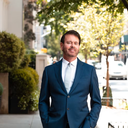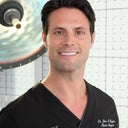How high is the risk of infection with Rhinoplasty?
Any surgery carries risks of infection, but what are the chances of infection from cuts in the nose? Do you often give patients antibiotics after rhinoplasty? Thank you.
Any surgery carries risks of infection, but what are the chances of infection from cuts in the nose? Do you often give patients antibiotics after rhinoplasty? Thank you.






What’s trending? Who’s turning heads? Which TikTok myths need busting? We’ve got you. No fluff, no gatekeeping—just real talk. Get our free, unfiltered newsletter.